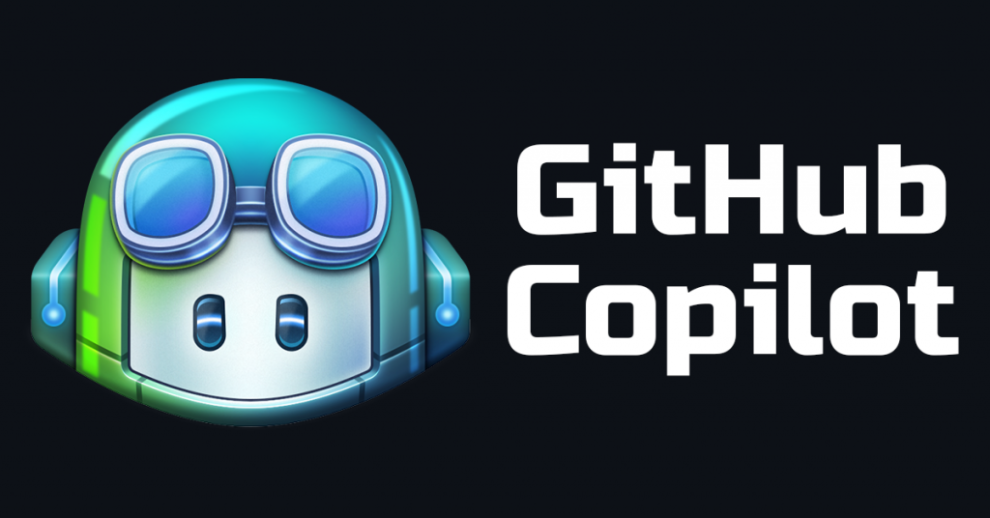The world of coding is on the cusp of a revolution, one fueled not by silicon but by artificial intelligence. Enter GitHub Copilot, a groundbreaking tool that’s redefining the very concept of programming. Is it a friend, a foe, or the harbinger of a new era in code creation? Let’s dive into the intricate lines of code and explore the potential impact of AI pair programmers on the future of coding.
The Copilot Revolution: From Idea to Execution in a Blink
GitHub Copilot acts as your AI wingman in the coding trenches. Imagine whispering your programming ideas, and having it materialize on the screen before your eyes. It suggests code completions, generates entire functions, and even translates natural language queries into executable code. No more scouring Stack Overflow or battling cryptic syntax; Copilot becomes your coding soulmate, always there to lend a digital hand.
Benefits Beyond Bug Fixes: A Symphony of Superpowers
The advantages of this AI coding companion extend far beyond mere syntax suggestions. Copilot can:
- Boost Productivity: Slash development time by automating repetitive tasks and generating boilerplate code. Imagine churning out lines of code with the speed of a caffeinated cheetah!
- Democratize Coding: Lower the barrier to entry for programming beginners, making coding accessible to anyone with a spark of creativity. No more feeling like a lone coder in a labyrinth of algorithms.
- Spark Innovation: Uncover unexpected solutions and explore alternative approaches by leveraging Copilot’s vast code knowledge and ability to identify patterns. Think of it as a brainstorming buddy with boundless inspiration.
- Reduce Errors: Identify potential bugs and vulnerabilities before they cause havoc, thanks to Copilot’s built-in safety net. No more sleepless nights battling unexpected crashes.
But Does the Future Hold Bugs or Brilliance? Challenges and Cautions
As with any groundbreaking technology, Copilot isn’t without its caveats. Bias lurking in the training data can lead to discriminatory code, demanding mindful development and responsible usage. Overreliance on AI could hinder programmers’ learning and problem-solving skills, creating a generation of code copy-pasters, not innovators. And security concerns loom large, as vulnerabilities in Copilot could become backdoors for malicious actors.
Navigating the Future: A Symbiotic Symphony of Human and Machine
The key to unlocking the true potential of AI pair programmers lies in collaboration, not replacement. Copilot should be seen as a tool to augment, not supplant, human programmers. Think of it as a musical instrument that adds texture and depth to the coding composition, but ultimately, the conductor of the code orchestra remains the human mind.
So, will code ever be the same?
Most definitely. GitHub Copilot, and similar AI tools, mark a paradigm shift in programming. The future will see coders working hand-in-hand with their AI counterparts, composing symphonies of code that are faster, smarter, and more secure. It’s time to embrace the AI revolution, not fear it, and use these powerful tools to write the next chapter in the captivating story of coding.
















Add Comment